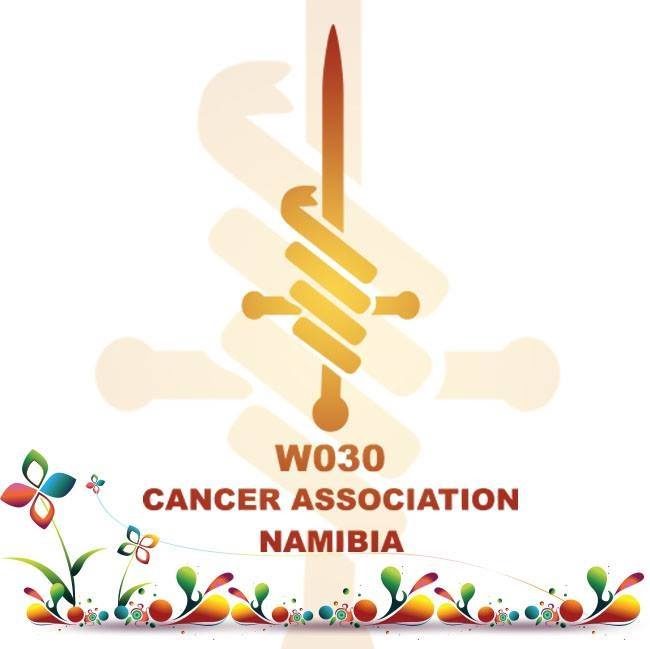Children Cancer Awareness
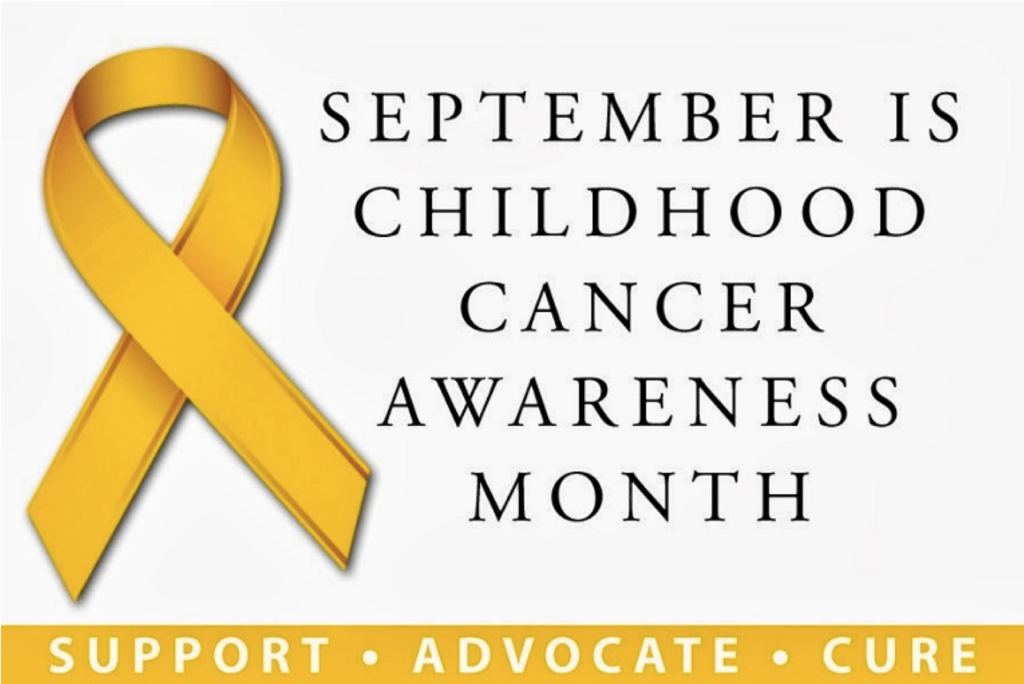
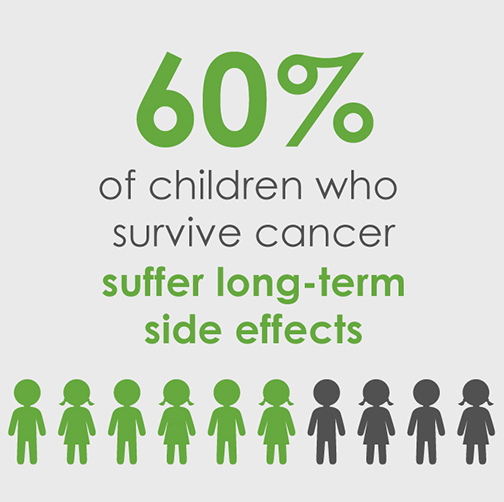
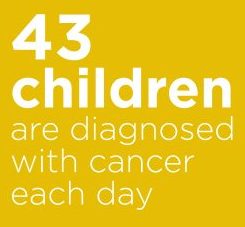
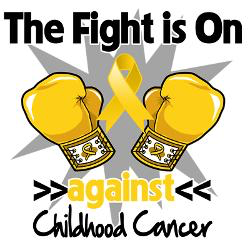

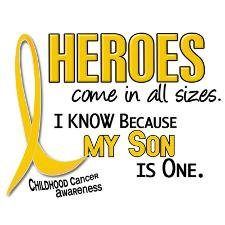
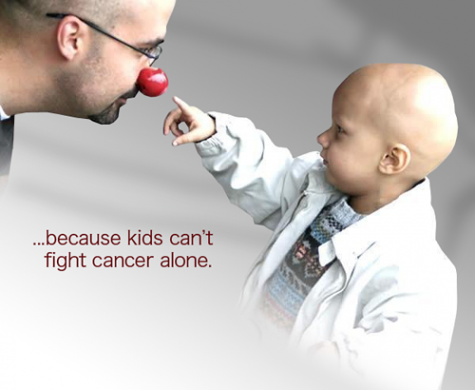
Please help CAN raise awareness on Childhood Cancer in Namibia and globally.
September is “Yellow and Gold Month” for Childhood Cancer Awareness.
With a goal to increase awareness and raise funds for those affected by childhood cancer, the American Childhood Cancer Organisation and partners (of whom the Cancer Association of Namibia is a network partner) encourages everyone across the globe to “Go Gold®” during September in honour and in memory of kids with cancer!
An average of 136 new childhood cancer cases per annum have been reported to the Namibia National Cancer Registry since 2013.
The same 5-year period between 2008 – 2012 saw only 80 cases per year reported on average.
The most common childhood cancers are Retinoblastoma, Lymphoma, Leukemia and Bone cancer.
Each year, approximately 300,000 children are diagnosed with cancer worldwide. With access to quality care, more than 80% of children with cancer can survive, living full and healthy lives. However, many children in low-income and middle income countries do not receive or complete care, and, as a result, over 90% of childhood cancer deaths occur in low resource settings. In Namibia, the only state cancer care unit for children (paediatric oncology unity) is at Windhoek Central Hospital. This means that families are separated for very long durations of treatment and in addition to the medical journey, a long-lasting emotional scar is also created.
The Cancer Association of Namibia (WO30), through its CHICA (Children Fighting Cancer) Namibia programme, aims to create awareness on childhood cancers in the country, as well as support childhood cancer patients and their families.
The CHICA Interim Home was established in 2017 and has 17 beds sleeping Namibian children on cancer treatment and their mothers.
The complexity of diagnosing childhood forms of cancer remains a challenge: “It is often infants who cannot speak or show where there is pain that are diagnosed with cancer and parents need to be aware of the signs and symptoms in order to present to the medical officer and help in the process,” explained Mr Rolf Hansen, CEO of CAN.
How can I help fight Childhood Cancer?
The Centre for Disease Control (CDC) informs that we can lower our children’s risk of getting cancer later in life by helping them make healthy choices like eating a diet rich in fruits and vegetables and getting regular physical activity to keep a healthy weight.
– Stay Safe in the Sun – Just a few serious sunburns can increase your child’s risk of skin cancer later in life. Follow our sun safety tips to protect their skin from the sun whenever they’re outdoors. Indoor tanning and tanning outside are both dangerous. Don’t let your children or teens tan.
– Get your kids vaccinated against HPV – The Human Papillomavirus (HPV) is a very common virus that nearly all people will get at some point in their lives. HPV is the main cause of cervical cancer and can also cause vaginal, vulvar, penile, anal, and oropharyngeal cancers. The HPV vaccine protects against the types of HPV that most commonly cause cancer. Both boys and girls should start and finish the HPV vaccine series when they are 11 or 12 years old. Teen girls and young women through 26 years, as well as teen boys and young men through 21 years, who haven’t started or finished the series should get those shots as soon as possible. The HPV vaccine can be given beginning at age 9.
– Talk to your kids about smoking and cancer – The best way to prevent cancer caused by smoking is for kids to never start. Most people start smoking during adolescence. Nearly 9 out of 10 smokers start smoking by age 18, and 99% start by age 26.
– Many Namibian high school students reported being a current cigarette or a “hubbly-bubbly” (water pipe / hookah) smoker. Talk to your children about why you don’t want them to smoke. Smoke from other people’s cigarettes (“second-hand” smoke) can cause lung cancer. There is no safe level of second-hand smoke for non-smokers. Don’t expose your children to second-hand smoke. Quit smoking, before it quits you!
– Infant childhood cancer is often hereditary or DNA-bound. These are small children with families that need our help and support, as a cancer diagnosis especially in infants is highly traumatising for the parents. We can all take hands and support families who are affected by childhood cancers – a willing shoulder to lean on, an ear that listens with empathy, and a heart that is willing to care – these are the ways in which we as a Namibian community can show, in addition to financial support if needed, that we care.
Should you wish to make a donation to the CHICA Financial Fund or the CHICA Interim Home, please contact Martha or Barseba at the link below

